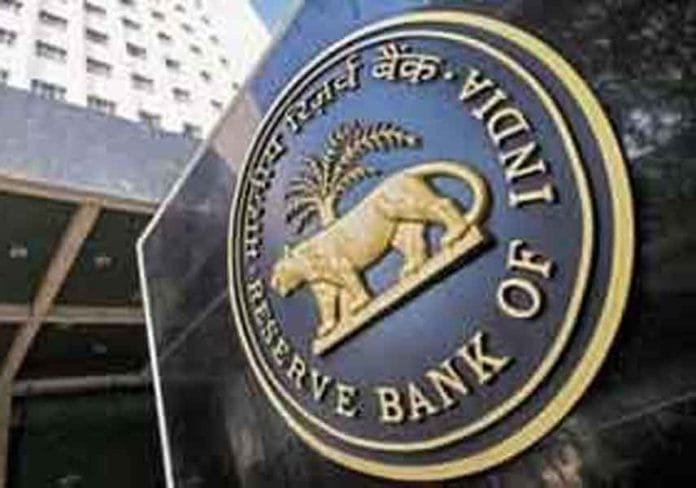INVC NEWS
New Delhi : The Reserve Bank of India (RBI) has recently implemented crucial amendments to the guidelines concerning credit and debit cards. These modifications are aimed at enhancing the security and monitoring of fund usage, ensuring a seamless experience for cardholders while maintaining robust data protection measures.
Enhanced Monitoring Systems
Under the new guidelines, debit and credit card issuing units are required to introduce improved and effective monitoring systems. This initiative is pivotal in enabling regulatory authorities to closely monitor the end use of funds, thereby enhancing transparency and accountability within the financial ecosystem.
Immediate Implementation
The Reserve Bank has emphasized that these amended provisions come into effect immediately, underlining the urgency and significance of the changes. By swiftly implementing these updates, the RBI aims to bolster the resilience of the banking sector and safeguard the interests of both consumers and financial institutions.
Strengthened Data Security Measures
One of the key highlights of the amendments is the emphasis on data security. The RBI has mandated that card transaction-related data must be obtained directly from the card issuer’s system in encrypted form. This encrypted data can then be displayed on the co-branding platform, ensuring robust security measures are in place to protect sensitive information.
Enhanced Privacy Measures for Cardholders
To enhance privacy and security for cardholders, the Reserve Bank has outlined stringent guidelines regarding the sharing of cardholder data. The amendment explicitly states that card issuers are prohibited from sharing cardholder card data with outsourcing partners unless deemed necessary for fulfilling their responsibilities. Additionally, any sharing of data must be accompanied by the explicit consent of the cardholder, further reinforcing data protection and privacy rights.
Ownership and Storage of Card Data
Furthermore, the RBI has underscored the importance of ensuring that the ownership and storage of card data remain with the card issuer. This measure serves to mitigate the risk of unauthorized access or misuse of cardholder information, bolstering consumer confidence in the security of card transactions.













